Literacy encompasses reading, writing and spelling. Children with literacy difficulties often end up being adults with literacy difficulties. It is NEVER too late to improve your literacy skills.
At Pop we have a special interest in literacy!
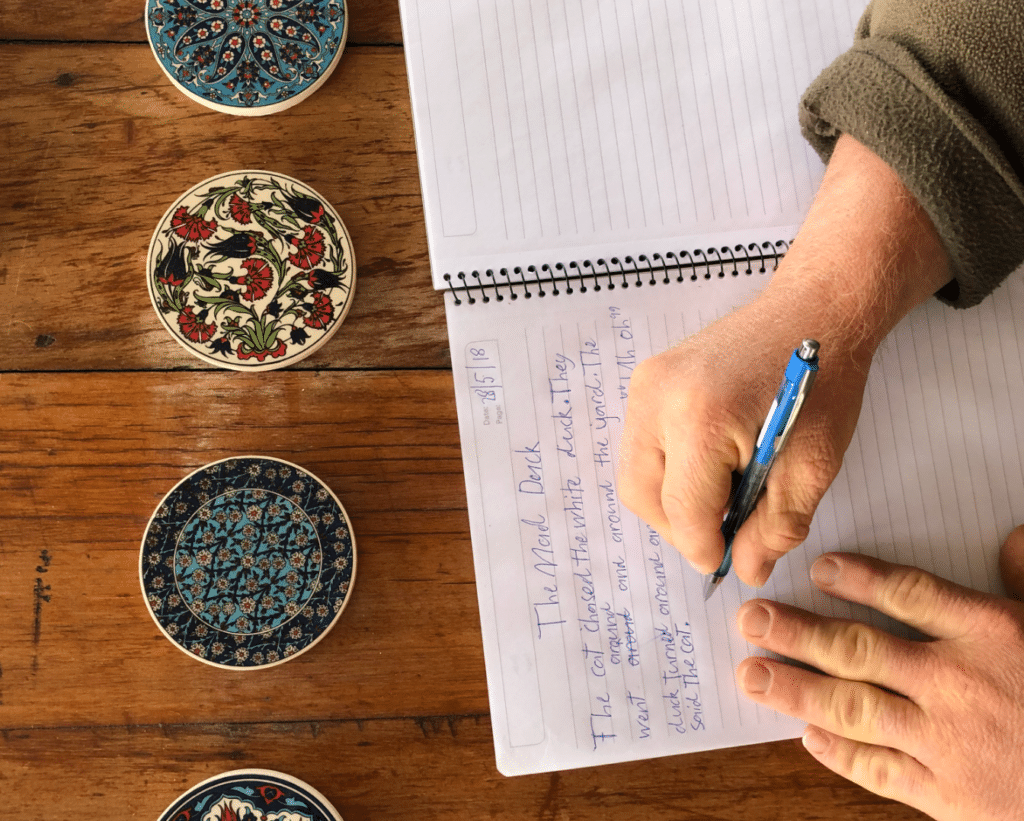
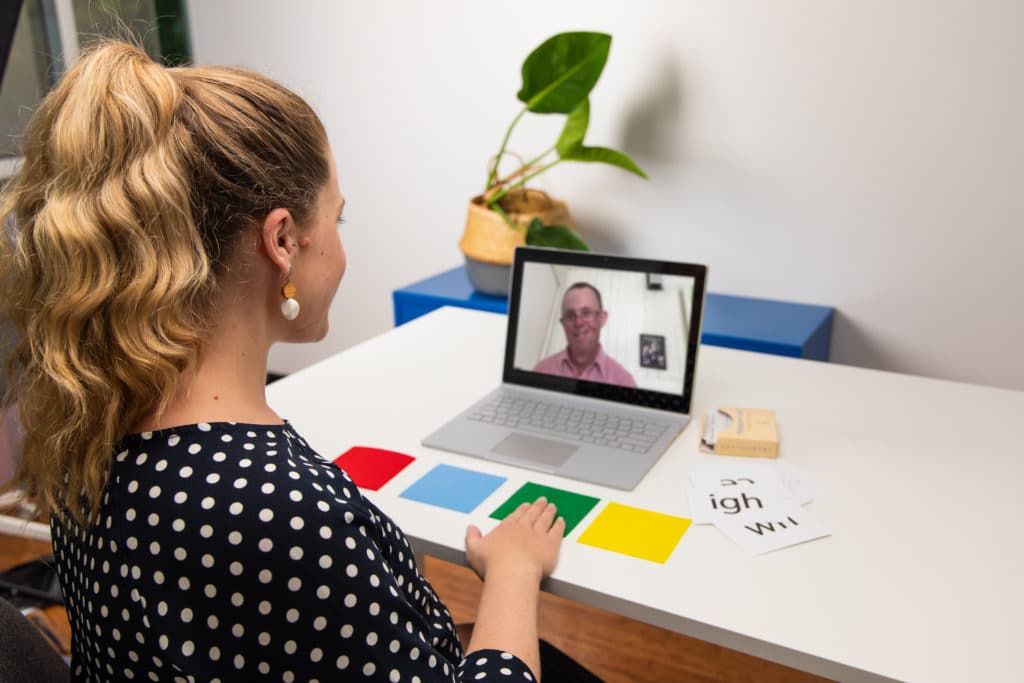
Your ability to attend to task, retain and manipulate information is more highly correlated with academic success than intelligence (IQ). Poor working memory can have an impact on your performance at work.


Tongue tie is when the frenum (the tissue under the tongue) inhibits the normal functions of the mouth and face.
Stuttering is holding onto a sound, or repeating a sound, word or phrase, repeatedly, causing dysfluency in speech. It can also sound like someone is getting “stuck” on their words.

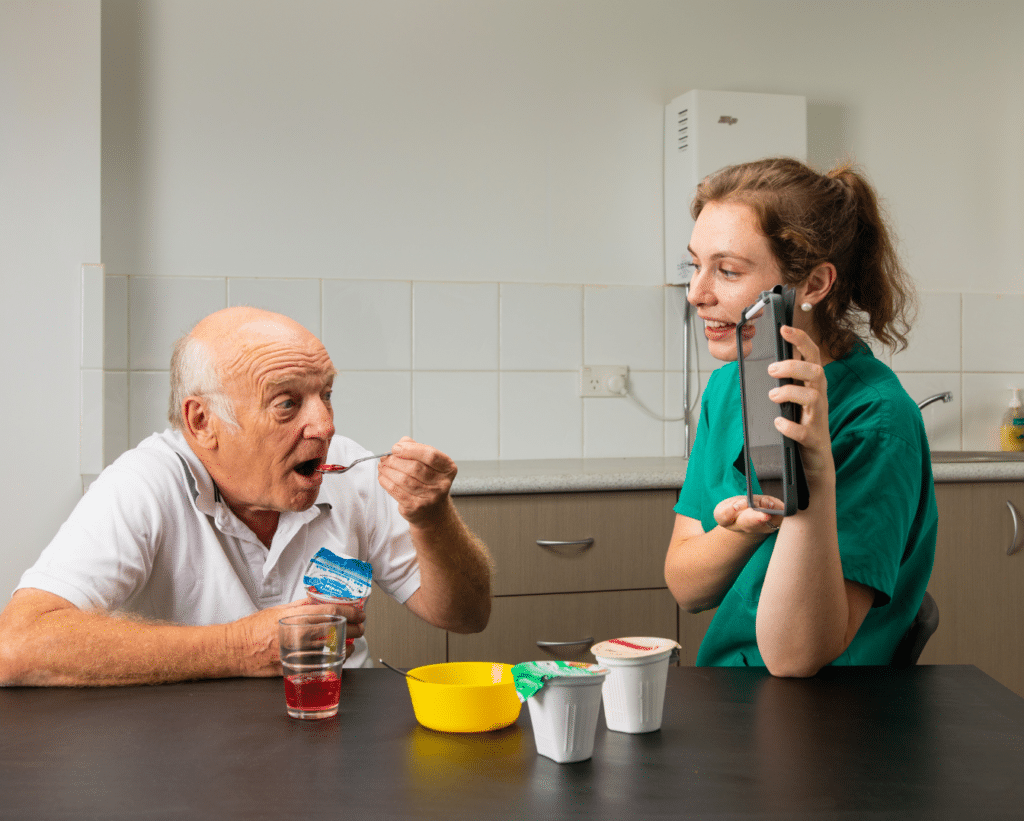
Dysphagia encompasses difficulties with swallowing. Dysphagia can lead to; coughing, choking, or food and fluid ‘going down the wrong way’ (into the lungs).
After leaving the hospital rehabilitation ward, many of our rural and regional clients are not able to access the day-clinic services that they need. That’s where we come in! Pop can provide rehabilitation therapies for people with;
After leaving the hospital rehabilitation ward, many of our rural and regional clients are not able to access the day-clinic services that they need. That’s where we come in! Pop can provide rehabilitation therapies for people with;
We can do this all from the comfort of your own home!
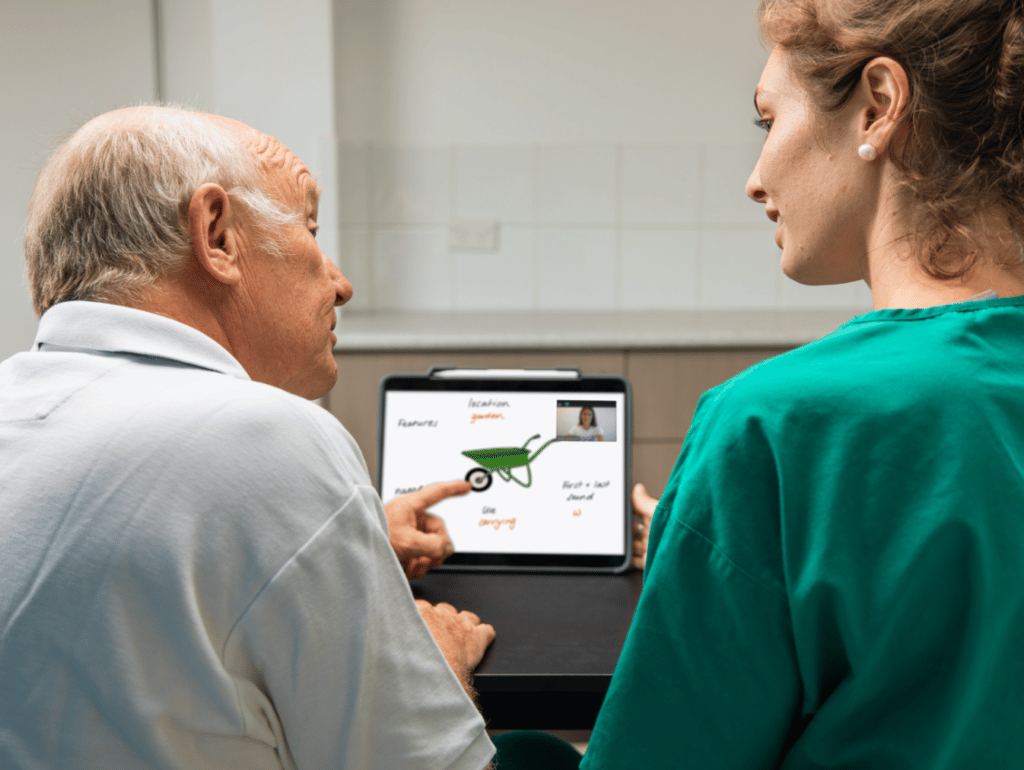
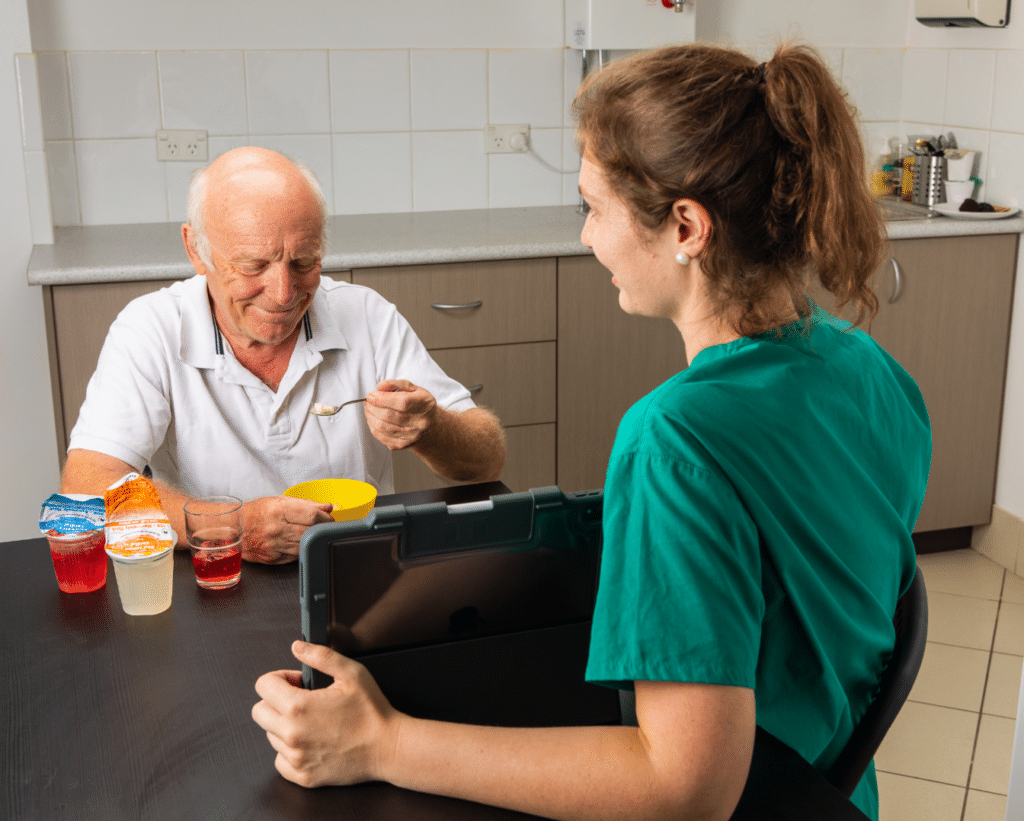
Degenerative diseases is an umbrella term used to describe a disease that progresses, and unfortunately worsen over time. This includes Multiple Sclerosis (MS), Parkinson’s Disease, Motor Neurone Disease (MND), Dementia, Alzeihmers, and Huntingtons.
Brain injury is an umbrella term used to describe any sort of injury to the brain. This encompasses an injury from blunt force (i.e. Traumatic Brain Injury from accidents), seizures, stroke, infection, a lack of oxygen, or even tumour. Brain injuries can result in difficulties with:
At Pop, our experienced therapists provide evidence-based therapy targeted directly to the acquired difficulty. We also…
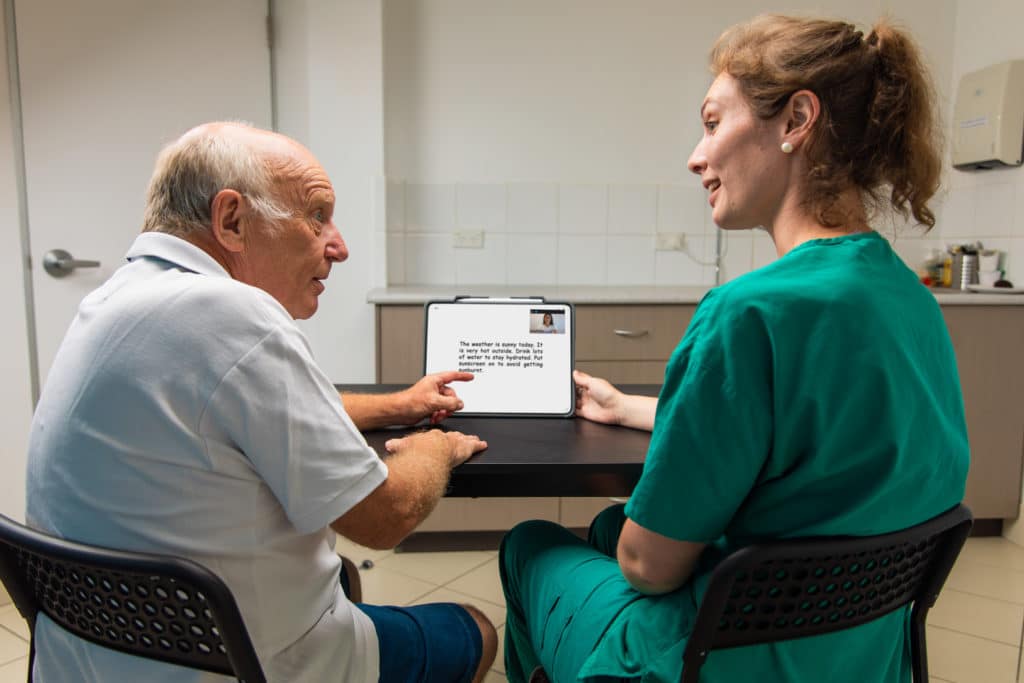

Voice is the ability to produce sound from your vocal folds (your voice box). If your voice sounds different than others your age, or if it sounds different than usual, you may have a voice disorder. This happens for a number of reasons, including;
Often people with ASD find social communication really difficult, and/or have difficulties with speech, language and literacy. But…ASD is different for everyone! This means that therapy needs to be tailored to the person with ASD, and take into account their strengths, as well as their difficulties.


There are different types of speech disorders including
Dysarthria: is a speech disorder caused by muscle weakness.
Apraxia of Speech: Difficulties moving your lips or tongue the right way to say sounds.
We support speech sound disorders by conducting assessments and therapy, all online! If you have difficulty producing a sound, or swapping one sound for another, we can identify and isolate these errors, and work with you towards clear and confident speech!
Skip the long waitlists — access Pop Online Speech Therapy by booking below!
Pop acknowledges and pays respect to the past and present Traditional Custodians and Elders of this nation and the continuation of cultural, spiritual and educational practices of Aboriginal and Torres Strait Islander peoples.
Book your free 15 minute consultation with one of our experienced Speech Therapists.
In this call, the Speech Therapist will:
When booking, please note: